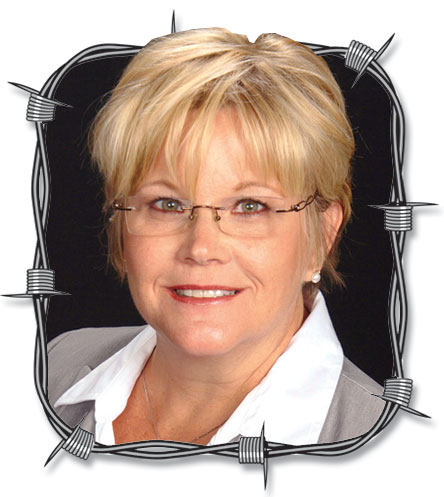In the Tax Court case, Richard H. Daley, T.C. Memo l996-259, an Arizona surgeon was denied deductions with respect to his cutting horse activity. The Tax Court, which in recent years has become more and more hard-nosed, concluded that the activity was not conducted for profit within the relevant IRS Regulations.
A number of facts served against Dr. Daley: (l) He entered the activity without the aid of a written market study (see discussion below on this unique twist); (2) the evidence suggested that his motive for entering the activity was recreational; (3) he never relied on a formal profit or business plan; (4) in managing the activity he used a ledger to record various transactions and events, and had a separate “drop” file for each horse – in themselves perfectly businesslike sorts of records – but he failed to maintain them in a completely accurate manner, and some significant discrepancies and omissions were found to exist in each; (5) while he claimed to have devoted l0-l2 hours per week to the horse activity, he was unable to substantiate this to the Court’s satisfaction.
The Court broke new ground – in my opinion exercising outright “judicial activism” – by suggesting something, which I do not believe, is required by the Regulations: that the taxpayer ought to have conducted “a formal market study prior to undertaking his horse activity.” This defect figured into the Court’s conclusion that he failed to operate his horse activity in a businesslike manner.
Just what does “a formal market study prior to undertaking his horse activity” mean? I don’t know very many horse owners who actually establish a formal market study – again, whatever that is – prior to entering their horse activity. In other businesses – take my law practice – I confess to have failed to conduct a formal market study prior to opening up my practice. I simply thought about it and took a plunge. That is often how people get into a business.
The lesson from this and other cases, like it or not, is that taxpayers in the horse industry are going to have to engage in a lot more of formalities in a variety of contexts, even insofar as documenting how they started the activity. For many of us, the startup phase is well behind us, and it is too late to rustle up a formal study showing how you analyzed the industry prior to buying your first horse as a business activity. But for newcomers, it appears to be an essential ingredient to document this phase.
One thing I have mentioned repeatedly is the importance of proving that you have fulfilled the requirements of the Regulations by leaving a paper trail – not just any bunch of papers, but those obtained from legal counsel such as myself. Naturally, I would have to have proper, objective facts to go on so as to show your intention of making a profit in your horse activity. I cannot make up facts. But a report such as those I prepare for horse owners across the country can serve you well both as a practical device and, perhaps more importantly, as a means to withstand IRS scrutiny.
John Alan Cohan is a lawyer who has served the horse, livestock and farming industries since the 1980s.





